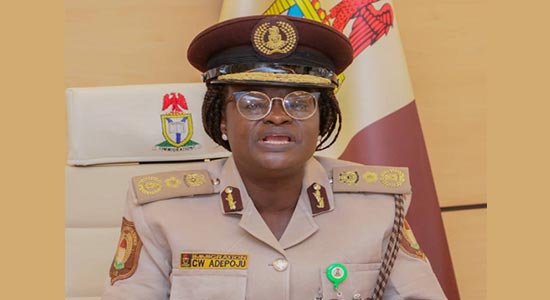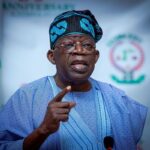
The acting Comptroller General of the Nigeria Immigration Service, Caroline Wura-ola Adepoju, says Nigeria can rake in N2.5tn from the Blue Economy if properly harnessed.
She said 80 per cent of goods and services come into the country through water transportation, but raised concerns about the pollution of the waterways, saying it poses a major challenge to international trade.
Adepoju spoke at a one-day workshop with the themes: “The Coastal State of Rivers and Benefits of the Blue Economy: Stakeholders Perspective,” held in Port Harcourt on Monday.
Adepoju described as most timely, the creation of the Ministry of Marine and Blue Economy by President Bola Tinubu.
“N2.5tn can accrue to Nigeria from the blue economy. The oceans is 72 per cent of the world covered by bodies of water. The seabed – 90 per cent of the deposit, is yet to be explored, while 2.2 million species are yet to be discovered by experts,” Adepoju said.
To maximise opportunities in the blue economy, she said Nigeria must tackle “pollution from spillages, dumped plastics and other insoluble materials that upset the aqua and marine resources.”
She noted that the seaport “is the coastal gateway into the nation, especially in Rivers State and in the eight coastal states of the country.”
“It is very important in the sustainability of the economy of this country in the area of ‘blue economy’ and its derivatives,” Adepoju added.
In his address, the Rivers State Governor, Siminilayi Fubara, expressed hope that the workshop would help to start the process of bringing the desired change that will boost the nation’s economy and internally generated revenue.
Represented by the Secretary to the State Government, Dr Tammy Danagogo, the governor enjoined participants to make the best of the workshop, pledging that the state government was committed to implementing recommendations from the session.














